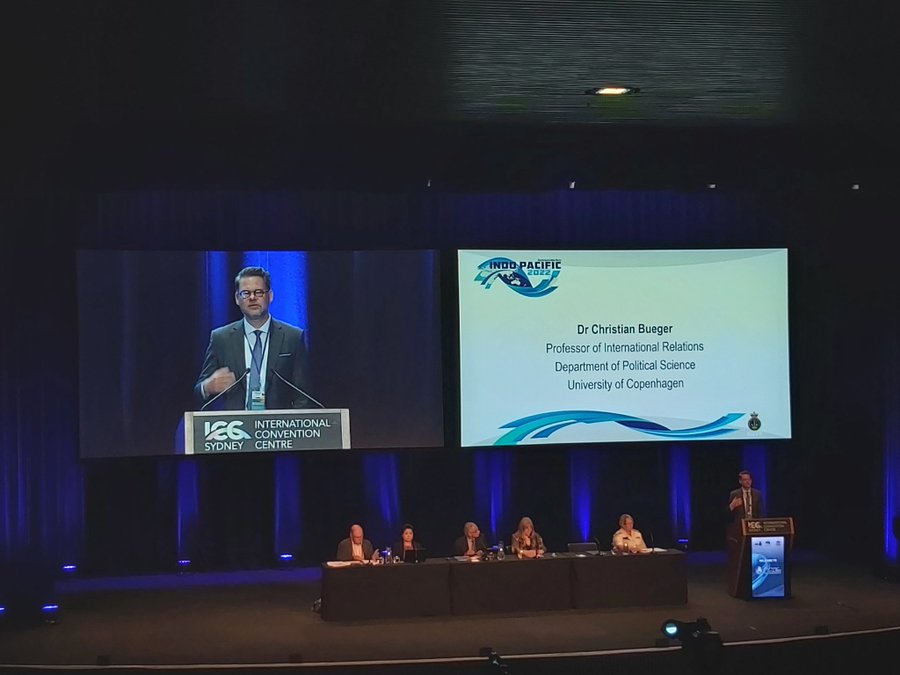On June 20 and 21st I attended a workshop at the European University Institute. The event explored the intersection between knowledge production, intervention and the relations between the local and global.
In my contribution to the workshop I argued that to often we presume that knowledge and knowledge production is seen as preceding action. Instead we have to understand them as an integral part of a practice. Drawing on insights from a text titled “theorizing capacity building co-authored with Simone Tholens, I emphasized the need for going beyond epistemic determinism, that is the assumption that the practices of intervenors is informed by pre-established knowledge. This is not to argue that such pre-knowledge does not matter, but it is to suggest that we should not overestimate its importance. Often knowledge is made up on the spot in a concrete intervention locale, and often it is experimental. I drew on a range of examples from maritime security to illustrate the argument.
